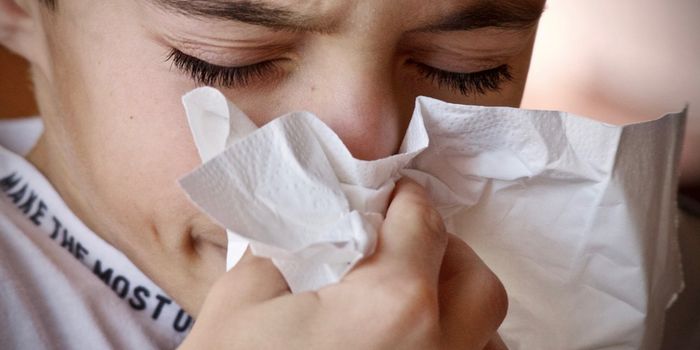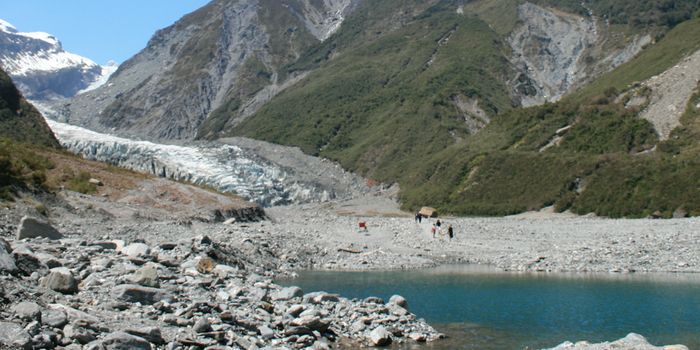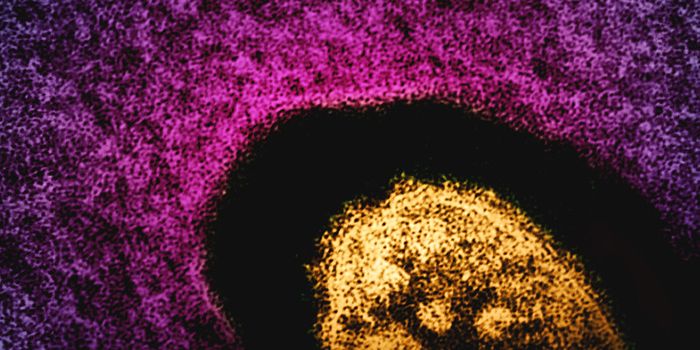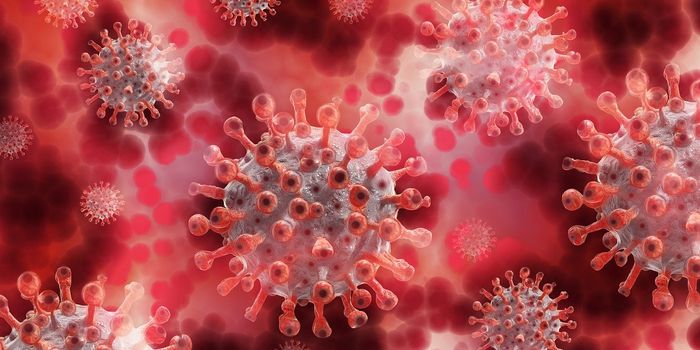Researchers Observe Seasonal Evolution in Bacteria
Bacterial cells have lots of interesting abilities. They can easily share genes with one another and evolve; they can pass a kind of memory onto offspring; and they can change and adapt in a variety of ways. Scientists have now shown that lake-dwelling bacteria quickly evolve to deal with dramatic weather conditions that vary with the seasons. The work has been reported in Nature Microbiology.
Lake Mendota in Wisconsin undergoes lots of seasonal changes. It is loaded with algae during hot summer months and is iced over in the cold winter. In some aquatic habitats, certain species of microbes will dominate during various times and conditions, outcompeting others that prefer different characteristics.
But this lake hosts a bacterial community that seems to evolve with the seasons. The researchers were able to analyze 471 samples of lake water that had been taken over twenty years by different researchers. The genetic material in these samples was analyzed so that a complete picture of the microbial community in those samples at various times could be ascertained. The study authors noted that this is the longest time series of a metagenome that has ever been obtained from a natural system.
Although the lifespan of an individual microbe may only be a few days, the lake's microbial populations were found to carry gene variants that would be expressed at varying levels and in different patterns depending on the time of year.
There were hundreds of species of microbes that reappeared in almost the exact same forms as those that had lived thousands of generations in the past. Year after year, these communities would return in a seasonal pattern.
“I was surprised that such a large portion of the bacterial community was undergoing this type of change,” said first study author Robin Rohwer, a postdoctoral researcher at The University of Texas at Austin. “I was hoping to observe just a couple of cool examples, but there were literally hundreds.”
“This study is a total game-changer in our understanding of how microbial communities change over time,” said senior study author Brett Baker, an Associate Professor at The University of Texas at Austin. “This is just the beginning of what these data will tell us about microbial ecology and evolution in nature.”
In certain years there were unusual situations, such as in 2012 when the ice melted earlier than usual and the summer was exceptionally hot and dry. Less water fed into the lake than the yearly average, which triggered a major shift in bacterial gene expression. The metabolism of nitrogen in the microbes changed at the genetic level, probably because there was less organic nitrogen available.
Climate change is expected to continue to change long term weather patterns as well as dramatic weather events, but microbes like these seem like they will be able to adapt to both gradual and abrupt changes, suggested Rohwer.
Another study in Nature Microbiology reported in changes in the viriome, or viral community in the lake samples.
Sources: University of Texas at Austin, Zhou et al Nature Microbiology 2025, Rohwer et al Nature Microbiology 2025









